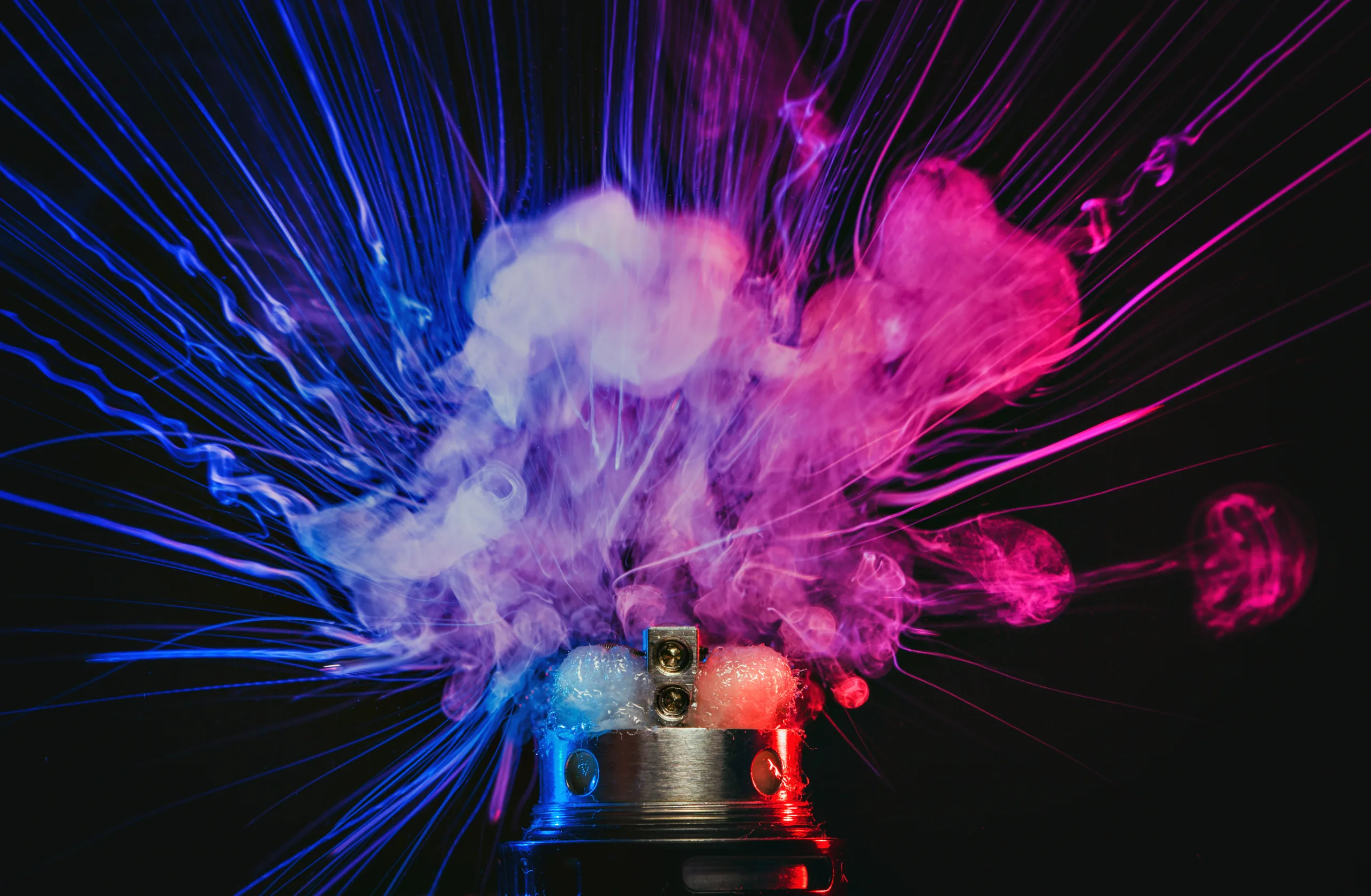The Risks of Synthetic Nicotine in Vape Pens

Important points:
- Nicotine, whether natural or synthetic, is still addictive and hazardous, especially for young people.
- Restricting the availability of synthetic nicotine on the market has proven to be difficult.
What is synthetic nicotine?
Although synthetic nicotine has been available for a while, it has become significantly more prevalent as it is increasingly found in e-cigarettes and vape goods used by young people. Instead of using tobacco leaves, synthetic nicotine is produced in a lab using chemicals, typically with unclear origins and production processes. Since it is a liquid, adding it to vape items is simple.
Non-tobacco nicotine (NTN) is another name for synthetic nicotine, notably among those who want to advertise and sell goods containing it. In February 2021, Puffbar, one of the top disposable e-cigarette producers, began marketing and selling a new product line with synthetic nicotine in the US. The product was promoted by the firm as “tobacco-free nicotine,” or TFN, which is “a virtually tasteless, odourless nicotine without the remaining contaminants of tobacco-derived nicotine,” according to an advertising.
Is artificial nicotine less dangerous?
innovative thinking in a girl
More study is necessary in order to fully understand the makeup of synthetic nicotine and any potential health effects. Synthetic nicotine is still nicotine, though, and as such is probably just as addictive, leading to repeated usage. Nicotine use can impair brain development and have a negative impact on the brain’s ability to regulate emotions, learning, memory, attention, and impulse control. Since the brain does not fully mature and grow until the mid- to late-20s, it is advisable for younger people to avoid nicotine in any form.
Is artificial nicotine governed?
Synthetic nicotine is now controlled by the U.S. Food and Drug Administration (FDA), but this is a relatively new development as previously, only goods employing nicotine from tobacco were subject to regulation. This opened a door for manufacturers of e-cigarettes and vape pens to market products containing synthetic nicotine without being subject to FDA regulation.
On April 14, 2022, a revised federal legislation that made it clear that the FDA has the power to control items containing nicotine from any source went into effect. The following are some of the laws particular requirements:
No under-21s allowed to purchase synthetic nicotine products in person or online.
Not claiming that these goods are less dangerous without FDA approval
Why is enforcement of the synthetic nicotine rule lagging? Requiring manufacturers to submit their goods for FDA assessment prior to being legally permitted for sale.
synthetic nicotine and chemical formulations
Applications from manufacturers seeking FDA approval have been extremely numerous.
By May 14, 2022, the filing deadline, more than 200 companies had submitted roughly one million applications, according to the FDA website. The FDA website states that the evaluation process is still in progress as of October 17, 2022, but no product using synthetic nicotine has yet been approved or is now permitted to be sold legally. Sadly, despite FDA violation warnings, that doesn’t result in these products being removed from the market.
Although there is technically regulation of products containing synthetic nicotine, it needs to be strengthened and enforced with greater rigour in order to ensure that the e-cigarettes and vaping products that young people prefer are not available for purchase and use.
In case any of the issues described in this article are affecting you, please do not hesitate to contact us, and we will see what we can do to assist you.

